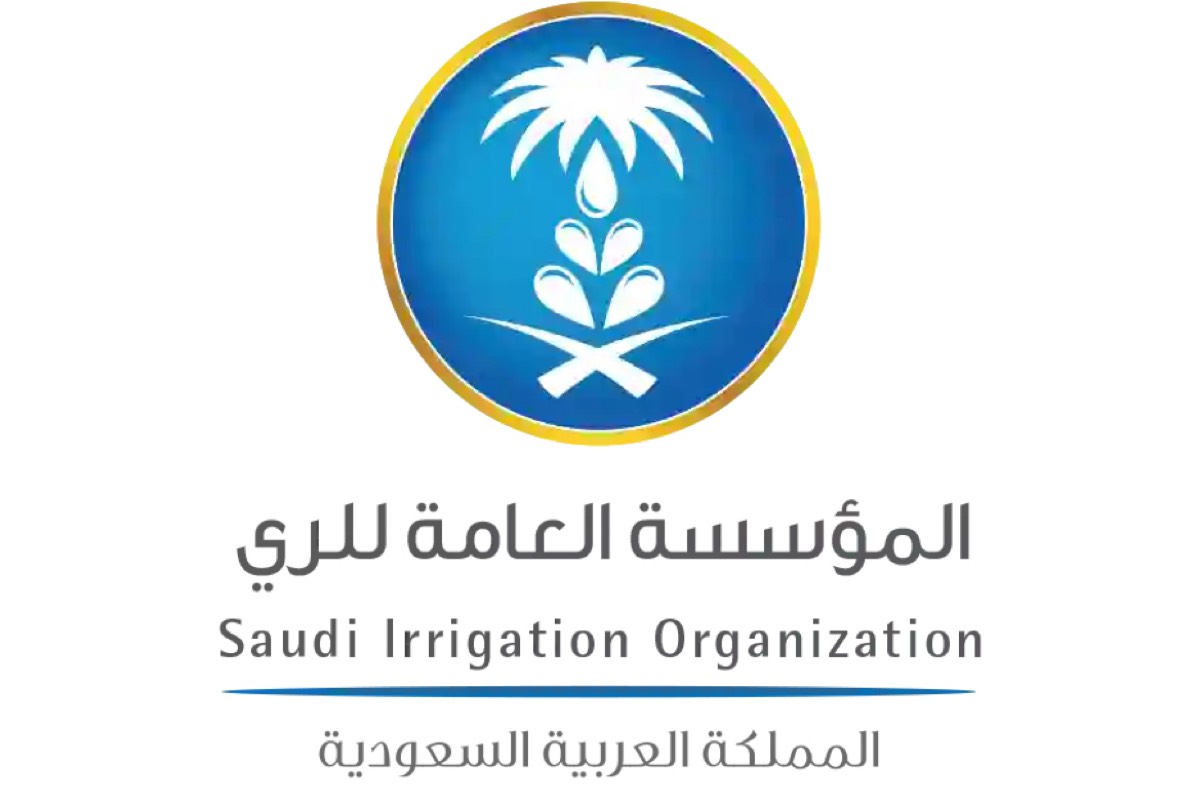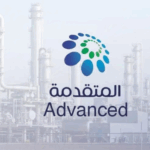The Council of Ministers approved a new regulation for the General Irrigation Organization, aimed at enhancing water sustainability in the Kingdom and improving the efficiency of resource management, as part of a package of structural reforms targeting the development of the service and water sector.
Under the regulation, the Organization is granted legal personality, financial and administrative independence, while being organizationally linked to the Minister of Environment, Water, and Agriculture. Its headquarters will be located in Al-Ahsa Governorate, with the possibility of establishing branches and offices in various regions as needed.
The regulation focuses on expanding the Organization’s powers to include the management, operation, and development of irrigation, dams, and treated water activities, as well as oversight of these processes. It also allows the provision of services for transferring and selling treated water for agricultural, industrial, and urban purposes. Additionally, the Organization is authorized to implement dam design and maintenance projects and schedule crop irrigation according to water quotas.
The regulation also enables the Organization to treat agricultural wastewater and utilize it, develop emergency plans in coordination with relevant authorities to address water shortages, contribute to the development of related regulations and legislation, and propose necessary technical and regulatory standards for official adoption.
The Organization’s responsibilities include developing water consumption monitoring technologies, applying water and soil quality standards, implementing pumping station and infrastructure projects, monitoring users’ compliance with water allocations, and taking regulatory measures against violators.
The regulation allows the Organization to conduct scientific studies and adopt modern innovations in water conservation, represent the Kingdom in international forums, organize conferences and workshops, and collaborate with universities and academic institutions to provide specialized training programs.
The regulation restructures the Organization’s Board of Directors, chaired by the Minister of Environment, Water, and Agriculture, with members representing the Ministries of Finance, Economy, and Planning, the Agricultural Development Fund, the National Water Company, as well as the CEO and two experienced members appointed by the Prime Minister.
The Board is granted high-level powers, including approving policies and plans, reviewing periodic reports, adopting organizational structures and bylaws, determining service fees, approving investment policies, and appointing an external auditor to ensure financial data integrity.
The Board must meet at least twice a year, with electronic or circular voting permitted. Members are required to participate and vote without delegation or abstention, and deliberations must be formally documented.
The regulation defines the CEO’s responsibilities as the primary authority for implementing the Organization’s plans and policies, signing contracts, appointing staff, managing the budget, and representing the Organization internally and externally, with the ability to delegate some powers as deemed appropriate.
The Organization’s financial resources include allocations from the general budget, service fees, investment returns, donations, and any other sources approved by the Board. These resources must be deposited in its accounts with the Central Bank, with the option to open additional accounts in local banks.
The Organization operates under an independent annual budget, and the Board is required to appoint an external auditor and submit a detailed financial report to the General Auditing Bureau.
The regulation also mandates submitting an annual report to the Prime Minister within 90 days of the start of each fiscal year, detailing the Organization’s achievements, challenges, and proposals, along with the annual financial statement within the same period.
Employees of the Organization are subject to labor and social insurance laws, and the regulation will come into effect after its publication in the Official Gazette.
General Irrigation Organization
*(Note: If you’re referring to a specific organization by this name, please provide additional details for a more accurate summary.)*






